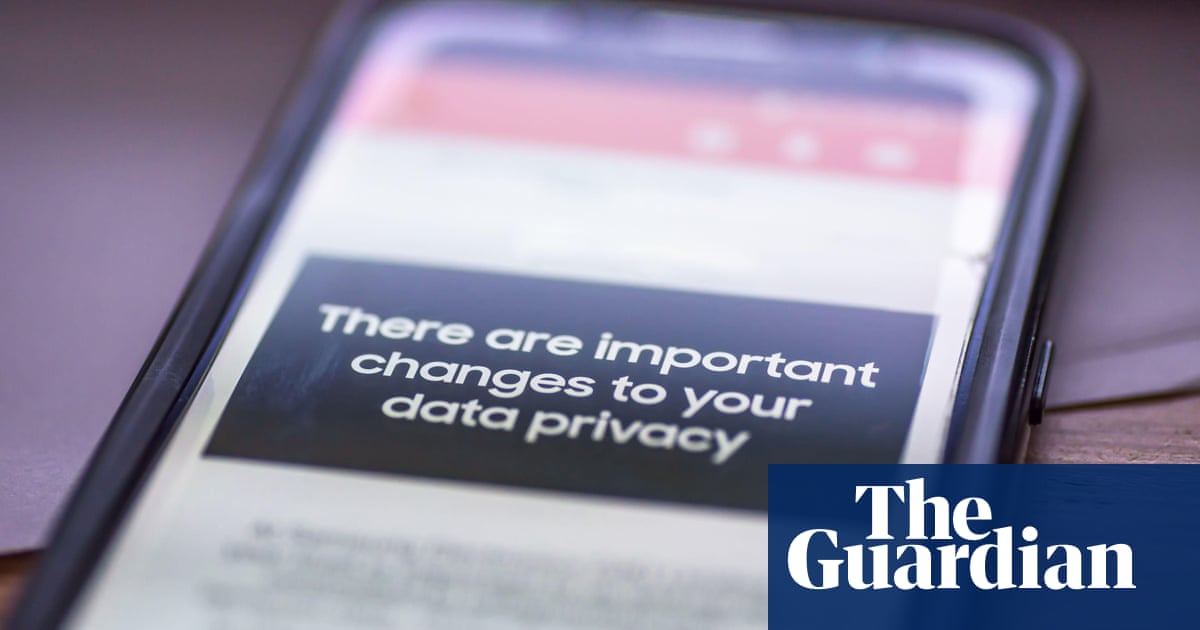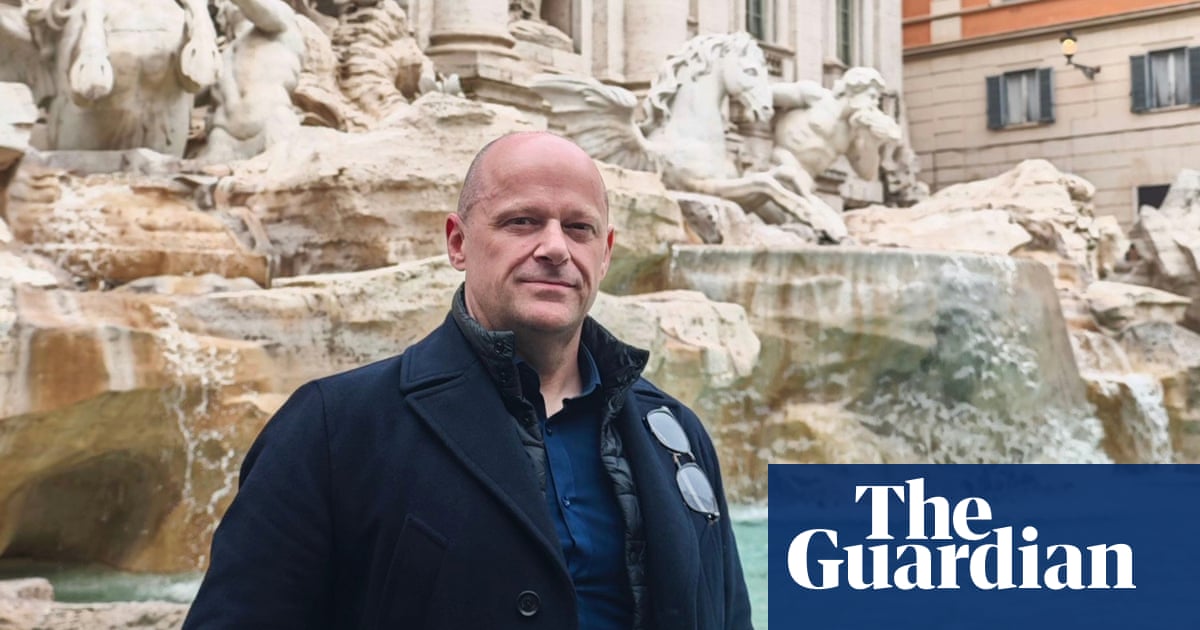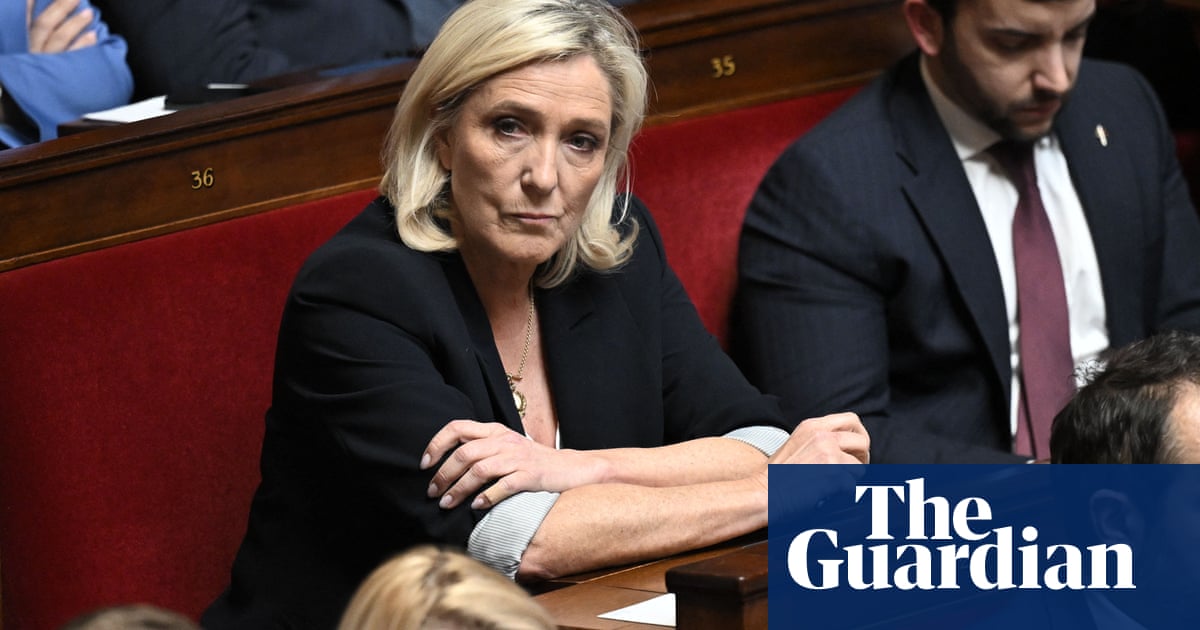Everyone from the prime minister down seems to have a view on Adolescence, the Netflix smash about a teenage murder fuelled by social media and toxic masculinity.
But there is one voice missing from the debate: teenage boys themselves. We gathered a group of sixth-formers from Xaverian college in Manchester to get their views on the show, and find out what it is really like to be a teenage boy in Britain today.
An intimate picture of a girl has circulated around the school in Adolescence – a scenario familiar to all of the Xaverian students.
“I’d say there’s a laddish culture where a lot of young men, if they’ve got a girlfriend, or they’re talking to a young girl or whatever, and they get an intimate picture of a young girl, it’s almost like they’re encouraged by their mates to show it to each other and to send it around,” said Archie, 18. “I just feel like it’s encouraged a lot because it’s so normalised, and everyone’s almost expected to do it.”
In Adolescence, 13-year-old Jamie, the main character, has some alarming views about girls that he appears to have picked up online and from pornography.
René, 18, said he was first exposed to pornography when he was 10 or 11 years old. “Too young! I think I was in a group chat somewhere, and I saw it, and it was like the most weird thing to me ever, because I’d never seen anything of the sort, and I didn’t want to see at that time.”
Pornography gave boys a warped idea of what sex should be like, said Archie: “You create this unrealistic expectation for young men before they have sex, and then once they have sex, if it doesn’t go the exact way that porn depicts it – and it’s not going to when you first have sex – I think it can make young men probably a bit more resentful towards women if it’s not going the way that they want it to. And it creates, I think, probably a bit of anger, and it all contributes to that cycle, and maybe [the man] ends up blaming the woman for it.”
A psychiatrist in Adolescence tries to get to the bottom of what Jamie thinks makes a good man. The Xaverian sixth-formers didn’t have many good things to say about the idea of masculinity.
“If you talk about masculinity, straight away what you think is: toxic masculinity. You think of those sort of overbearing masculine qualities, rather than the positive sides to it,” said Niall, 18.
The group were initially stumped when asked what they liked about being boys. “Not much,” said René. “I think there’s a lot of negative stereotypes about being a boy at the moment. I think they’ve always been there, but at the moment, especially with, you know, a lot more women speaking up about being either sexually assaulted or things of that sort. A lot of men, even if you know you’ve never done anything of the sorts, you do feel partly a guilt for your whole sex having this negative stigma around it.”
The sixth-formers thought Adolescence rang true, particularly in how teenagers were getting bad ideas from online influencers such as Andrew Tate. “It’s been an issue for a long time,” said Archie. “For a lot of parents particularly, this is the first time that they’re really realising that this is a real possibility for their child as well. Toxic masculine influencers haven’t really been seen as an issue for a lot of parents or older people, because they’re not the ones receiving a lot of the content that’s being posted online.”
“Two, three years ago, Andrew Tate, he was everywhere,” said Harrison, 18. “You couldn’t actually get away from him, no matter what social media you were on. I struggled to get away from him.”
Younger, vulnerable boys liked Tate because he gave them “a voice that they feel that they don’t have”, said Niall. “I think a lot of young boys are feeling increasingly isolated and alienated. And he’s telling them that they have a place, that it’s not their fault. He’s giving them a scapegoat.”
Tate appealed to lonely boys who had no experience with girls or relationships, said Nevin, 18. “So when Andrew Tate talks about women now – like, ‘These days, you can’t really trust them’ – these boys end up falling for that because they have no real experience.”
Niall worried that the discourse around toxic masculinity pushed more young boys towards Tate and his ilk: “One thing that I think is so worrying about people who are slightly younger than us is that if you start only talking about the negative connotations of masculinity, it’s just going to push more people down watching these toxic masculine influencers and believing in what they’re saying, rather than seeing that a lot of it is just rubbish.”

 1 day ago
9
1 day ago
9













































